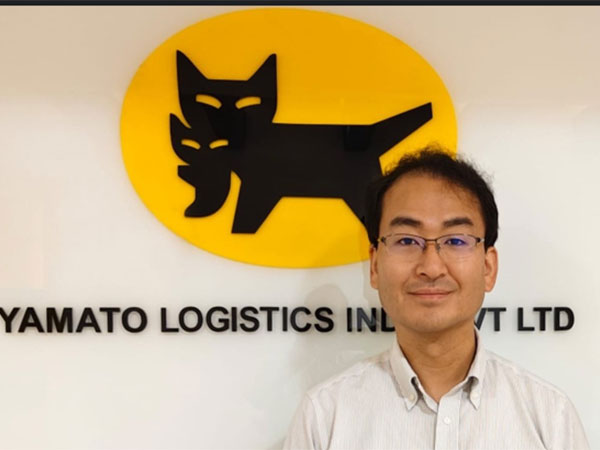Daisuke Ito, CEO of Yamato Logistics India, is guiding the company through a phase of focused growth and deeper integration with India’s fast-changing economic landscape. As the Indian subsidiary of Japan’s Yamato Transport Co.—a leader in transport and logistics—Yamato Logistics India is strengthening its presence by adapting global expertise to local needs.
The company first entered the Indian market in 2008, beginning with in-factory logistics services primarily for Japanese automobile manufacturers. Over the years, its footprint has widened significantly. Today, Yamato operates in ten major Indian cities and runs four large-scale logistics centres.
These facilities handle a broad range of operations, including parts warehousing, facility upkeep, and end-to-end supply chain coordination.
“Our journey in India started modestly but with clear intent,” said Ito. “We wanted to bring Yamato’s core values—convenience, reliability, and comfort—to a country brimming with potential and undergoing rapid transformation.”
In Japan, Yamato Transport is known for its meticulous service standards, and replicating that excellence in India has been a key focus. Ito emphasized the collaborative effort between Japanese and Indian team members to instil those values in local operations. This involved adapting essential logistics practices—such as inventory management, sanitation, and workforce training—to fit the Indian industrial context.
“A core strength has been building a shared work ethic,” Ito explained. “Our foundation rests on three guiding principles: reporting, communication, and consultation.”
Today, the company has a team of over 100 full-time employees, all trained in the Yamato approach to logistics. This has enabled the company to deliver consistent and reliable services to a growing base of corporate clients across industries.
Ito also acknowledged the pace of change in India’s economy, especially with the surge in mobile commerce and digital payments. While Yamato India continues to focus primarily on business-to-business logistics, Ito sees emerging opportunities on the horizon—particularly in global supply chain management.
“As India’s industrial sector gains strength, I believe there will be increasing demand for international logistics solutions, especially to markets like the Middle East and Africa,” he said. “The key is finding the right balance between adapting to the local environment and staying aligned with Yamato’s global standards.”
As India advances toward a more digital and industrially robust future, Yamato Logistics India is positioning itself as a significant contributor—rooted in Japanese operational discipline yet ready to serve the evolving needs of a dynamic economy.
—


















